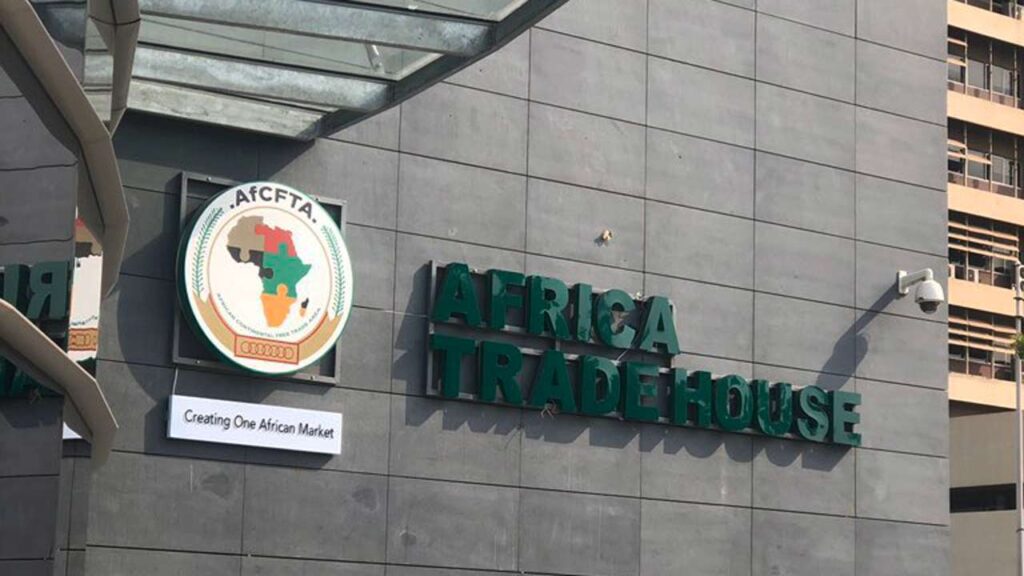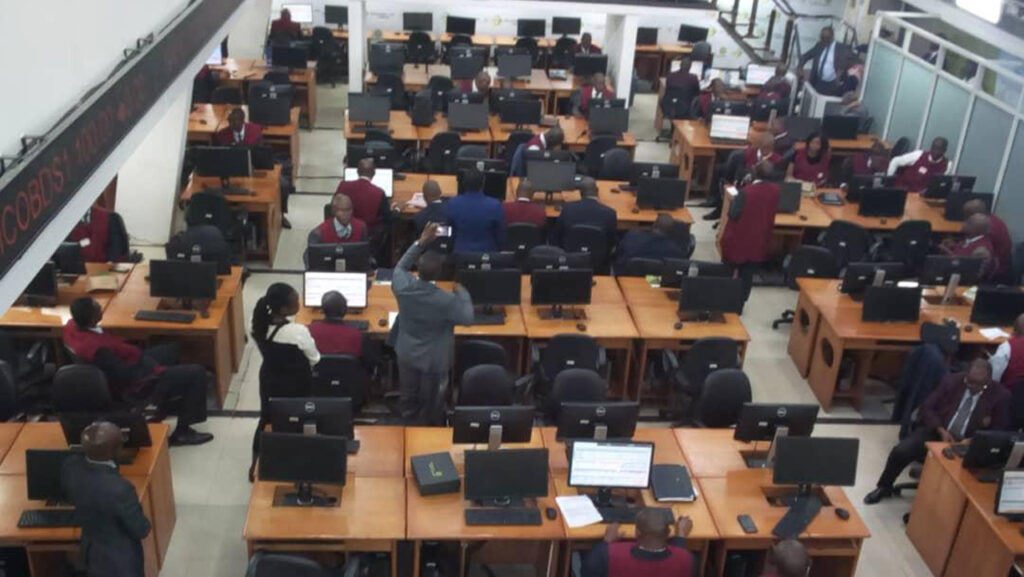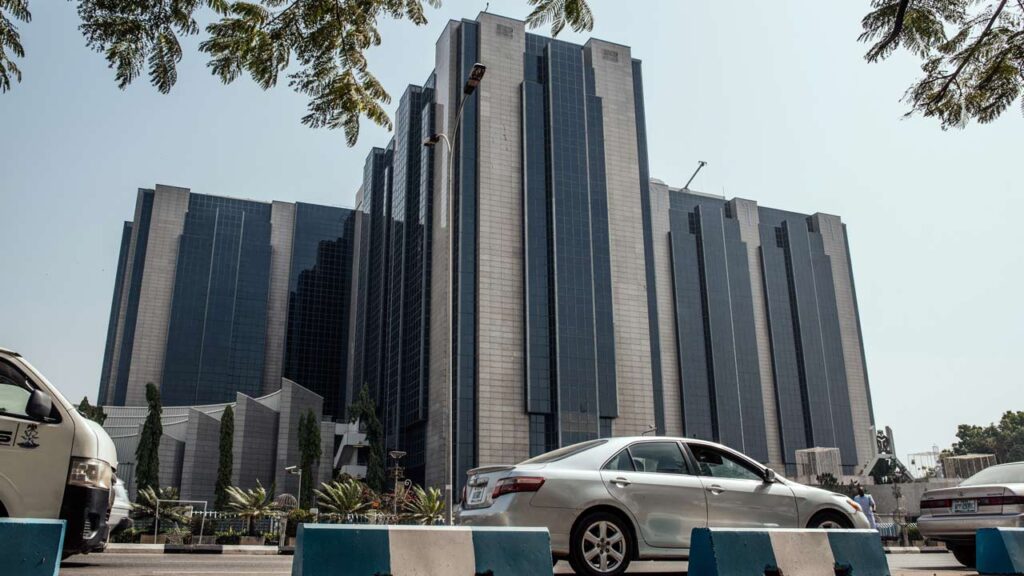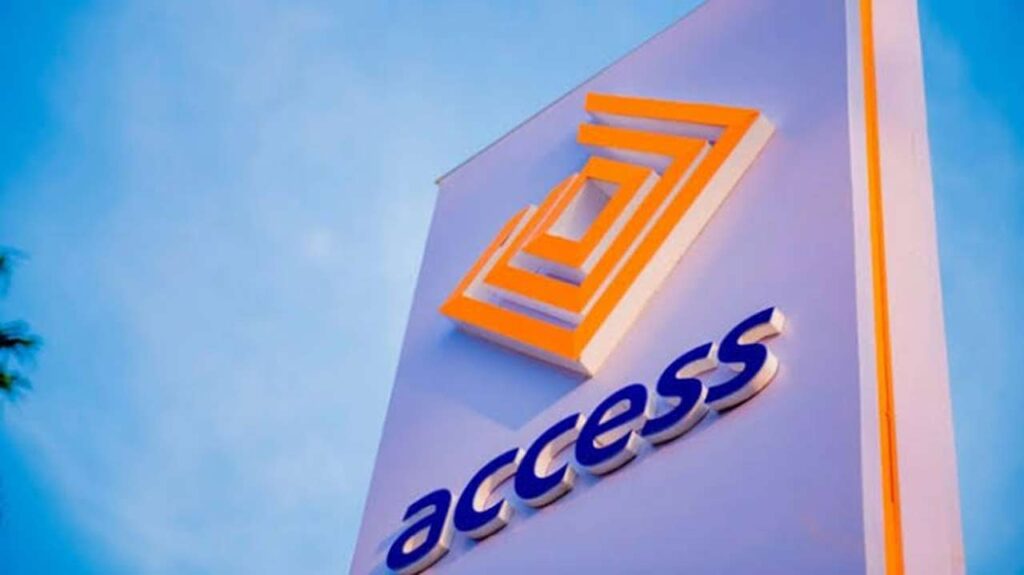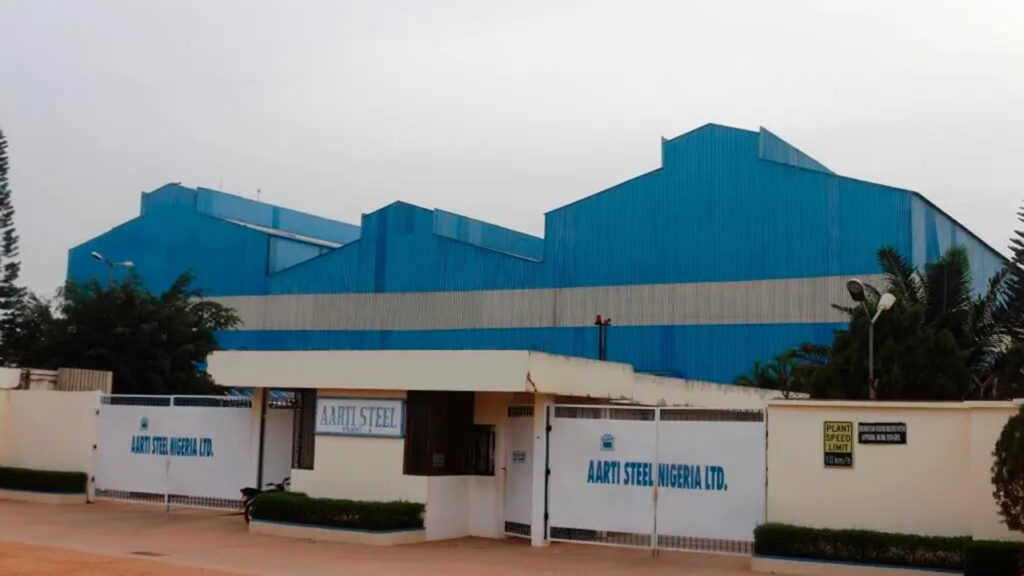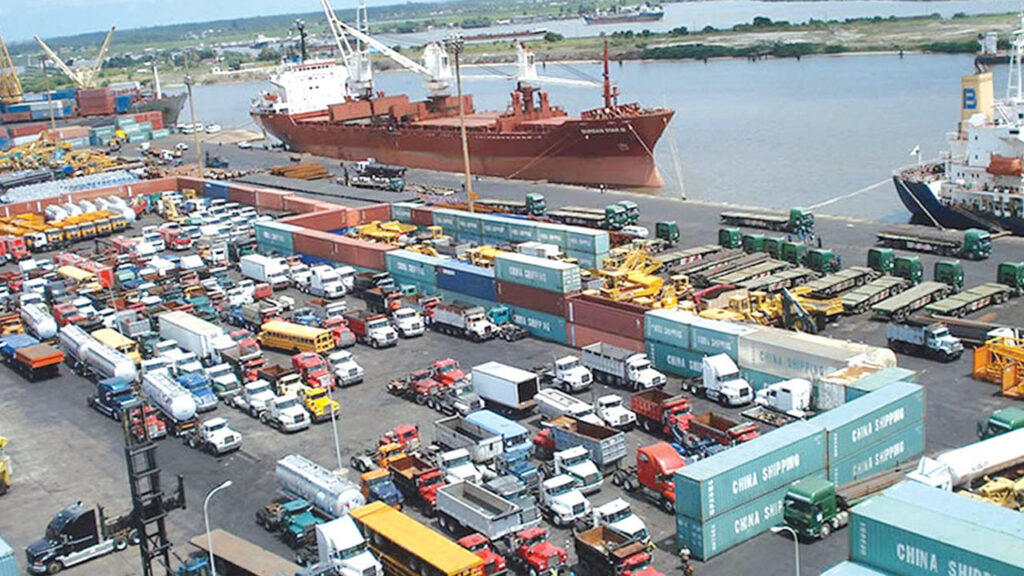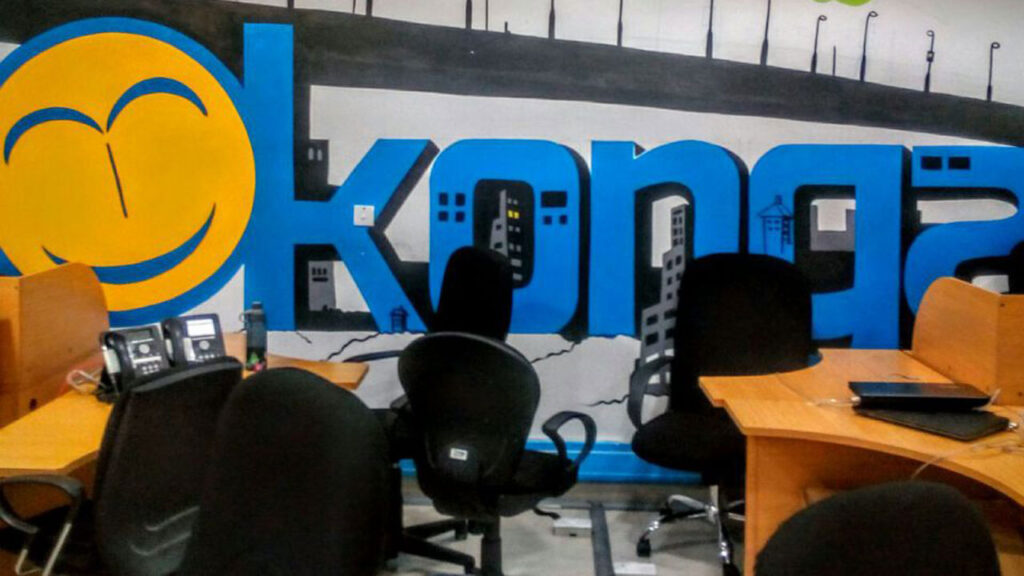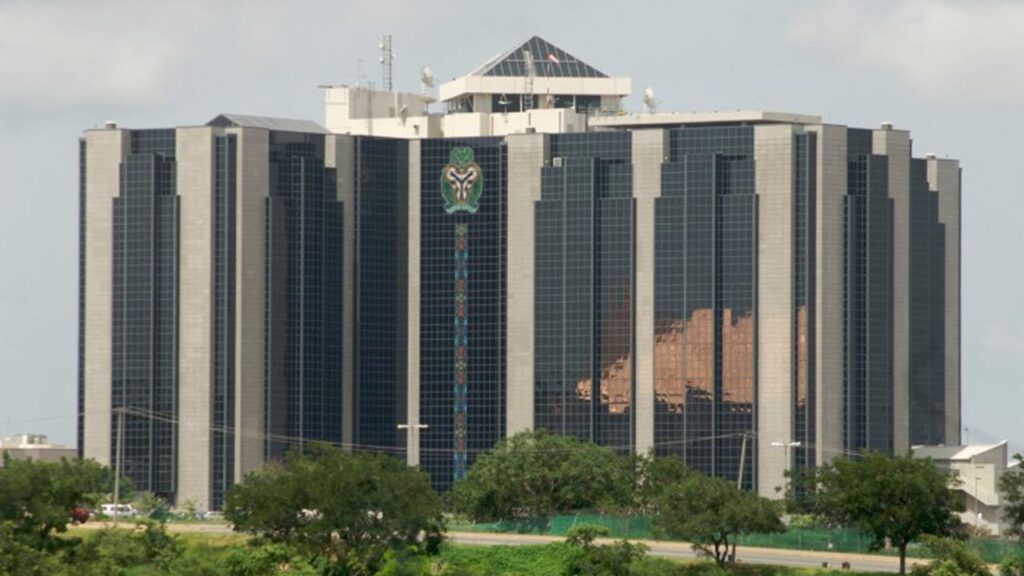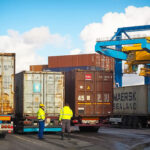
Stakeholders have said Nigeria needs to improve its transport multimodality to enhance foreign and regional trades as well as boost its participation in the global supply chain, particularly the African Continental Free Trade Agreement (AfCFTA).
The stakeholders said it was important Nigeria opens its transport multimodality like Venice in Italy, Bangkok in Thailand as well as Rotterdam and Antwerp, which are two of the largest and busiest ports in Europe.
The countries, they said, have developed networks of water transport services such as river buses, canal boats, and water taxis that carry millions of passengers per day along the waterways connecting the ports and the hinterland.
They stated this, yesterday, at the maiden event organised by the Nigerian-Belgian Chamber of Commerce in collaboration with Olisa Agbakoba Legal (OAL) held in Lagos.
The Manager of Port of Antwerp Bruges, Philippe Droesbeke, said Nigeria must enhance its transport multimodality as a tool for industrialisation and development of foreign trade, regional maritime cabotage and short sea shipping. He said improving Nigeria’s multimodal transport was necessary to meet the increasing demands as a result of regional integration as its population is expected to double to 400 million by 2050.
Droesbeke urged the federal government to improve its ports’ connectivity for an enhanced supply chain as well as implement coherent policies to facilitate decongestion. He said developing and modernising Nigeria’s roads, rails and ports would minimise decongestion with an expected increase in capacity as the country shifts from a mono to a diversified economy. Droesbeke also noted that transport multimodality would also increase the agro-economy and develop the lower Niger ports for export.
The Deputy Head of Mission/Consul, Embassy of Belgium in Nigeria, Veronique Bernard, said while Lagos invariably tops world rankings in terms of most congested cities, traffic jams are one of the intractable challenges in parts of Europe, notably Belgium. She said with a still-growing population and an already dense network of roads as well as highways, Lagos needs to realise that the more the economy gets busy, the more traffic stands still.
Bernard said the massive shift from fossil fuel-powered to electric vehicles might be a turning point for the climate problem, but not a solution to traffic jams.She said this is why Belgians and European citizens more broadly keep dreaming of modal shifts, with night trains at affordable prices for city trips, while ships and trains take giant trucks off the already-clogged road system.
Bernard said the direction was precisely where Lagos’ immense untapped potential kicks in, adding that with its enormous lagoon and countless available waterways, Lagos is extremely well-positioned to become the Venice of West Africa.
The Executive Vice Chairman/Chief Executive Officer of Caverton Offshore Support Group, Olabode Makanjuola, said the existing transport infrastructure struggles to meet the urban cities’ demand, leading to congestion, inefficiency and inequality.
Makanjuola, who was represented by the Manager of Corporate Affairs, Caverton Marine Limited, Kome Agbaje, said the TomTom Traffic Index, which ranked Lagos as the world’s second most congested city, with a staggering average congestion level of 71 per cent in 2020, shows that congestion translates to decreased productivity, increased fuel consumption and heightened stress level, posing environmental and health risks.
Makanjuola said water transport viability is a solution to urban transport challenges, noting that there are various opportunities for expanding and scaling up water transport services to other regions and markets. He said water transport has the potential to reduce traffic congestion and environmental impact, by shifting some of the road transport demand to waterways.
Makanjuola said this will not only improve the efficiency and sustainability of transport, but also create new opportunities for trade, tourism, and development. He stressed that many factors, however, hinder the development and operation of water transport services, such as infrastructure limitations, regulatory hurdles, security threats, and public perception.
Makanjuola, however, listed the solutions to include investing in the construction and maintenance of water transport infrastructure, such as jetties, terminals, channels, and navigational aids.
Others, he listed, are harmonising and streamlining the regulatory framework and processes for water transport, such as licensing, taxation, and inspection as well as enhancing the security and safety of water transport, by deploying security personnel and equipment, and enforcing compliance with safety standards and protocols.
He also highlighted improving the public awareness and acceptance of water transport, by conducting public education and sensitisation campaigns as well as demonstrating the benefits and advantages of water transport.
On his part, the General Manager of the Lagos State Waterways Authority (LASWA), Emmanuel Oluwadamilola, who spoke on the state’s perspective on road decongestion, said rail and water transport systems are a critical boost to transportation.
He said the state government, as part of efforts to address the situation, had put initiatives that will improve safety and encourage people to use waterways transport.
Oluwadamilola said the state government has built critical infrastructure which includes floating jetties to allow for every kind of boat either low or high tides to beat at any point in time.

